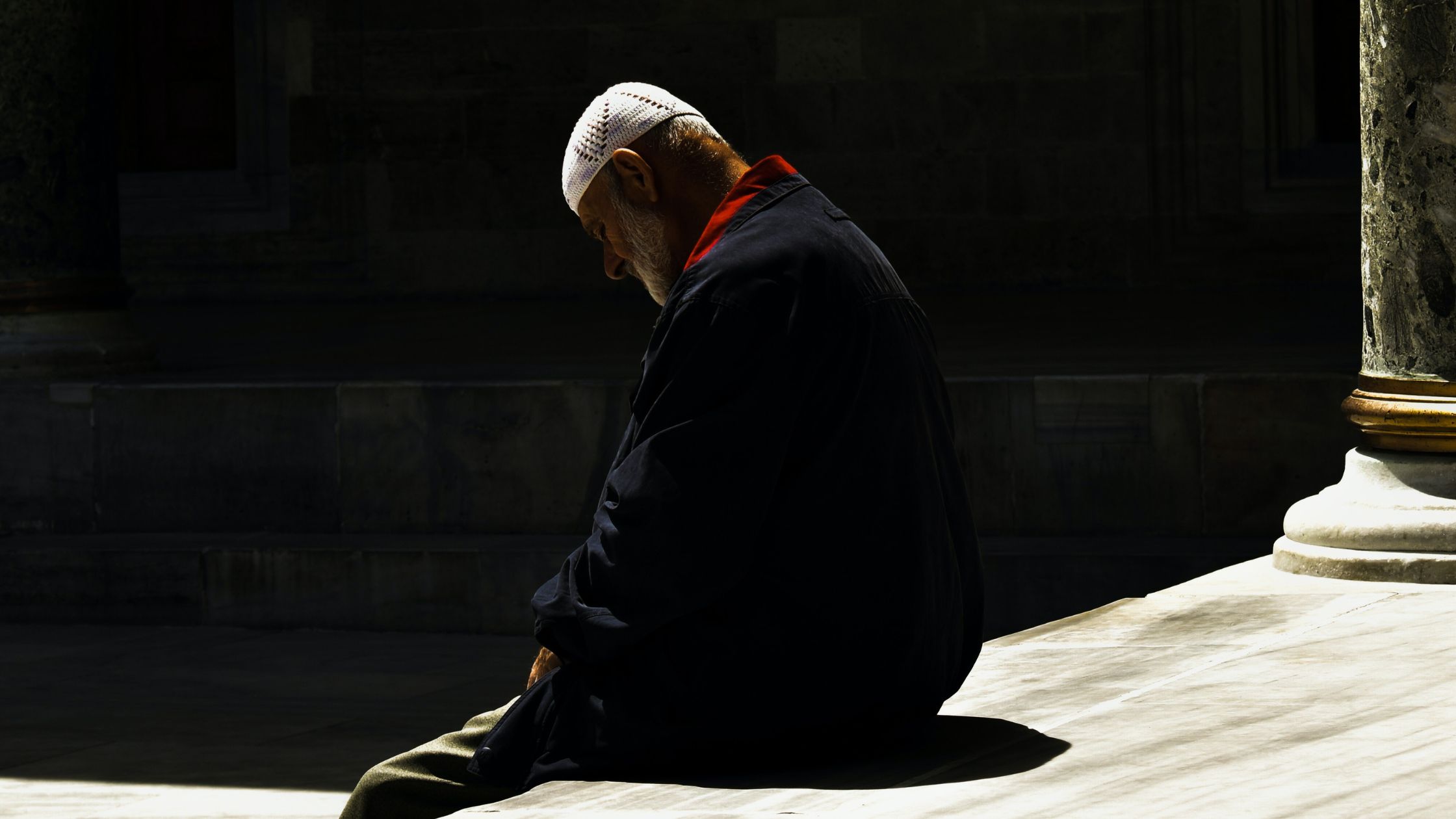The adoption of the pension reform remains one of the highlights of Emmanuel Macron’s second five-year term. This reform is announced by the French executive as a necessary compass to save the pay-as-you-go system that prevails in France (this system of financing pensions is based on an intergenerational solidarity pact: it is the contributions of working people that finance pensions) . Despite its adoption and its express promulgation a few hours after the discharge of the Constitutional Council, the question still divides. Beyond the social upheavals and the unprecedented social crisis that it has established in France, this pension reform questions the functioning of democracy. I want to wonder if a similar reform – or at least of such great importance – would have had the same effect in public debate in the tropics.
Let me tell you from the outset that I don’t think so, since here we are witnessing rather the retreat of reforms. I explain in this article the reasons why a reform like that of pensions in France would have passed cream in Africa. The first is the impotence of the unions.
Unions sentenced to early retirement
In France, trade unions play an essential role in the debate around pension reform. The trade union organizations have defended and continue to defend the rights which they consider violated by this reform. And the most emblematic figures of this fight also mark the course of this reform, of Laurent Berger of the CFDT , to Gérard Martinez and Sophie Binet of the CGT. And one of the means of pressure used by the unions is the demonstration. Hundreds of demonstrations took place everywhere in France to mark the disagreements with this text of law. To this must be added the strikes which constituted a real means of pressure in an attempt to abort the project. We all remember the images of crowded Parisian streets, with full garbage cans and invaded by apparently overweight rats following the garbage collectors’ strike.
The problem in the African context is that the right to demonstrate and to strike is still difficult for citizens to recognize. There are very few African countries that recognize the right to demonstrate freely, without unduly restricting it or severely repressing it. And even when it happens that citizens decide to demonstrate and make known their disagreement with the policies envisaged at the top of the State, the response of the police force is too often disproportionate. This response has “intensified” according to Amnesty International in its Africa Regional Report 2022.
But in order to be able to demonstrate and claim better respect for these rights, the parties concerned must already be interested in the issues under discussion.
Disinterest in matters of general and public interest
To claim better quality water, do I already have to realize that the water I consume is not of good quality. This is where all the source of the lack of militancy and commitment of African citizens about issues of general interest and public interest. Is the question of pensions, widely discussed through this pension reform in France, sufficiently known to Africans? Do they know that they have rights and that by working they deserve a pension? Actually no. Very few know it. And finally, pension systems in Africa may not be adequate. But nobody, absolutely nobody is interested in the question…and in so many other questions on which the future of our States is at stake. But I have the impression that the only laws that interest us are the constitutional laws. Not in their entirety, only the provision relating to the length and number of terms of office. The rest, we do not have too much to do. This lack of interest is clearly one of the reasons that could justify the incognito adoption of a reform like this.
But, even before citizens show any interest in the issues that affect their daily lives and in the solutions that the leaders propose, these issues should be raised in public debate by laws!
A gloomy parliamentary life lacking in dynamism
If it is not for punches or parliamentary tastings of amuse-bouche, African parliamentarians very rarely shine through debates on subjects of general interest, like pension reform. Generally, laws of this type are voted and adopted unanimously, without real debate. While in France, we have seen that the parliamentary debate around the pension reform has caused real upheavals at the political level, with circumstantial political coalitions. Deputies were able to defend opinions against the current of those of their political family. Aurelien Pradie (MP LR) is the typical example, even if it must be recognized that he lost some feathers for his stubbornness… Here, we should already have the opportunity to express such disagreement. Generally, Parliament is unanimous on certain issues. The debates become virulent and only take on a large scale when the bonuses and pensions of the said deputies are at stake or when it is necessary to lengthen or reduce the duration of the mandates. Substantive debates on policies that influence the public life of African citizens with real impact are rarely conducted in the parliamentary arena. Result: a reform like the pension reform would have gone cream.
It is for all these reasons that I think that the pension reform (well, its equivalent) would have passed much more easily in Africa. I would be very interested in your opinion on the matter. Are the reforms, the real ones, already retired on the continent?
